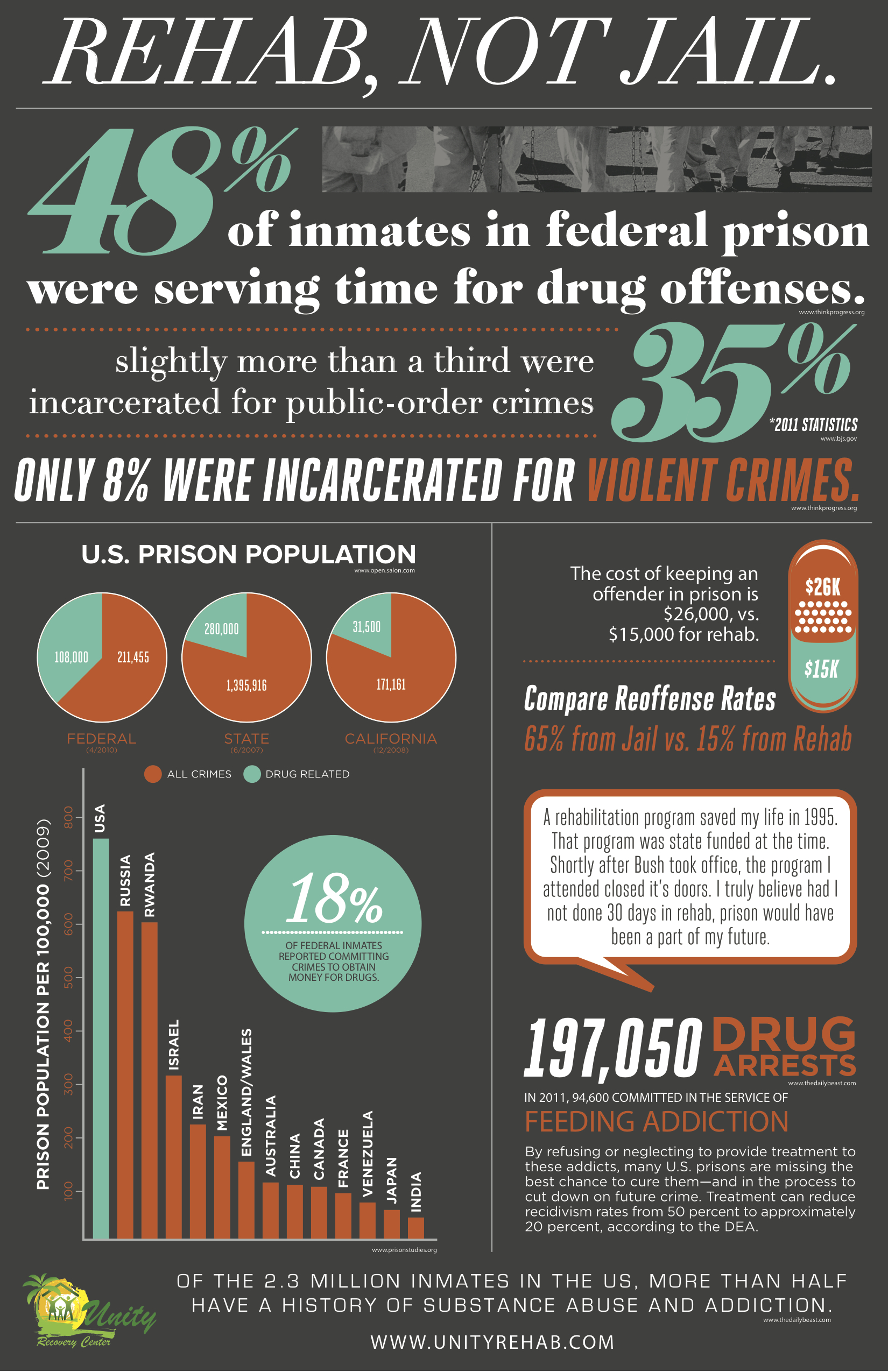Learn Reliable Techniques For Aiding A Relative Or Buddy In Drug Rehabilitation, All While Ensuring That You Take Care Of Your Very Own Mental And Emotional Health
Learn Reliable Techniques For Aiding A Relative Or Buddy In Drug Rehabilitation, All While Ensuring That You Take Care Of Your Very Own Mental And Emotional Health
Blog Article
Authored By- WhiteSands Florida
Supporting a liked one in Drug rehab can be both difficult and fulfilling. It's essential to comprehend their journey and exactly how your role fits into their recovery. From reliable communication to establishing healthy and balanced limits, your approach can considerably impact their progress. But how do you balance being helpful without shedding yourself while doing so? Checking out these approaches can assist you produce a nurturing atmosphere for both of you.
Comprehending the Rehab Refine and Your Role
When a loved one goes into rehabilitation, comprehending the procedure and your duty can substantially affect their recovery journey.
You'll discover that rehab commonly entails a number of stages, including cleansing, therapy, and aftercare. Each phase plays a crucial part in aiding your liked one gotten over addiction.
Your support can make a distinction; existing and encouraging them to engage in treatment is essential. It's vital to enlighten yourself regarding the rehab process, so you can better recognize what they're experiencing.
Remember, your role isn't to repair their troubles yet to offer steadfast assistance. This can assist develop depend on and reinforce your connection as they browse their healing path.
Remain favorable and individual; adjustment requires time, yet your encouragement can inspire hope.
Effective Interaction Techniques
Clear communication is vital to supporting your enjoyed one in rehab. When you speak with them, be honest and open while additionally paying attention actively. Usage positive language to urge them and stay clear of judgmental remarks that may push them away.
Ask flexible questions to help them share their feelings and experiences. If they share something difficult, confirm their feelings as opposed to attempting to fix the situation promptly. It is necessary to stay client, as they mightn't always be ready to talk.
Set aside interruptions throughout discussions to show them they matter. Lastly, check in on a regular basis but value their space; equilibrium is necessary. By cultivating a supportive discussion, you help them really feel enjoyed and comprehended throughout this difficult time.
Keeping Healthy And Balanced Boundaries and Self-Care
While supporting a liked one in rehab, it's vital to preserve healthy and balanced limits to protect your very own well-being.
Establish what you fit with and communicate those restrictions plainly. Bear in mind, it's all right to say no to requests that drain your psychological resources.
https://blogfreely.net/corey54leora/overcome-the-difficulties-of-drug-rehab-and-unlock-the-path-to-change-bring on self-care by participating in tasks that bring you happiness and leisure. Whether it's workout, leisure activities, or hanging out with buddies, ensure you're taking some time on your own.
It's additionally useful to seek assistance from others, like a therapist or support system, to share your sensations and experiences.
By preserving boundaries and concentrating on self-care, you not only assist on your own however likewise produce a much healthier environment for your loved one's healing.
Balance is key for both of you.
Conclusion
Supporting a liked one in Drug rehabilitation isn't simple, yet your motivation can make a distinction. By understanding the rehab process, interacting effectively, and preserving healthy boundaries, you're producing a supportive environment for their recuperation. Remember, it's equally as crucial to care for yourself during this journey. Remain person and caring, and don't be reluctant to look for assistance for yourself, too. Your love and support can be an effective part of their recovery process.
